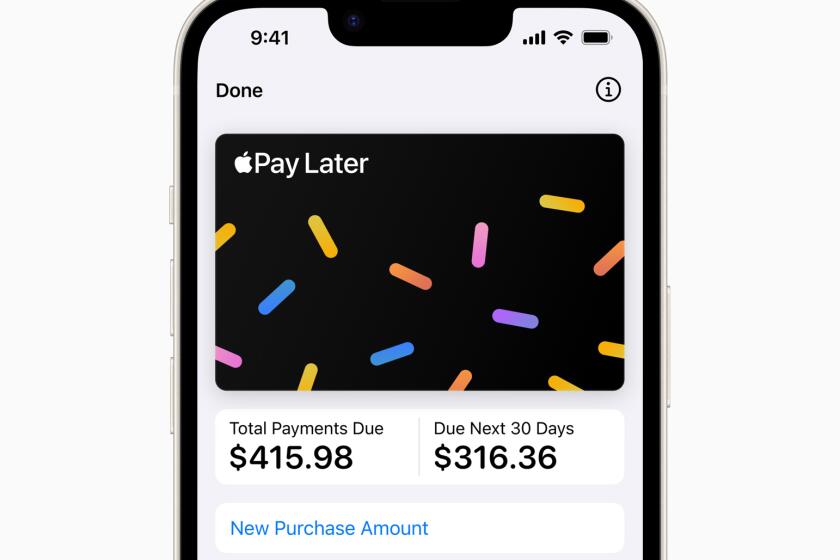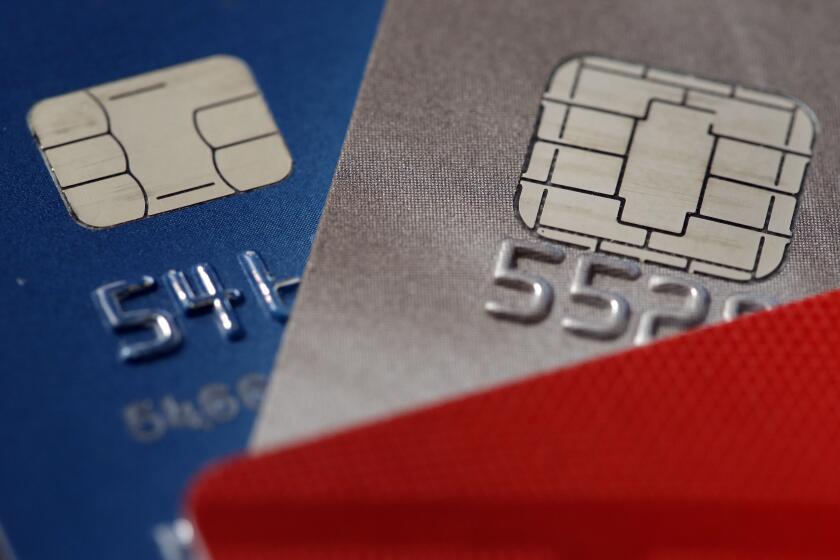Should you buy now, pay later for your wedding?

As wedding season approaches, couples are booking venues, compiling guest lists and hiring a dizzying array of vendors — and they’re digging deep into their pockets to pay for it.
The average U.S. wedding cost $30,000 in 2022, a $2,000 increase from 2021, according to a study from wedding website The Knot. Though weddings have long been expensive, inflation is pushing costs higher.
Couples may turn to increasingly popular “ buy now, pay later ” payment plans to ease the burden. These plans let you divide the total cost of your purchase into installments, often with no interest and zero fees if you pay on time.
But they have risks, and there may be better ways to fund your nuptials.
Popular buy now, pay later providers like Affirm, Afterpay and Klarna partner with thousands of merchants, including retailers in the wedding industry.
Apple announced Apple Pay Later, the latest entrant in the increasingly crowded “buy now, pay later” space. Is it “free money”? Not quite. Here’s what personal finance experts say.
Affirm partners with David’s Bridal, Men’s Wearhouse, Kay Jewelers and Zales, among others, to offer its pay-later plans to customers. By opting into Affirm when they check out online or in store, couples can break up payments on a wedding-related purchase at no additional cost, depending on the retailer.
“Wedding planning can really get out of control, and an option like Affirm helps couples regain that financial control,” said Katrina Holt, senior vice president of operations at Affirm. “It’s a way to pay in bite-sized amounts that fits into how couples are used to budgeting.”
Repayment terms for buy now, pay later plans range from pay-in-four, which divides your total cost into four equal payments due every two weeks, to monthly payment plans that extend up to five years.
Getting approved for these plans is often easier than for traditional credit. Applications are short, and most providers run only a soft credit check with no minimum credit score requirement.
Although providers such as Affirm can help couples fund smaller purchases, others focus on big wedding expenses.
Ready to save money and be debt-free in 2023? Learn to make (and stick to!) a budget and take control of your personal finances with our eight-part newsletter course, “Totally Worth It.” Here’s how to get started.
Maroo, a payment processing platform with a pay-later option, lets couples pay wedding vendors — think photographers, musicians, caterers, even the venue — over three, six or 12 months.
“If you can buy your Peloton in installments, why shouldn’t you be able to pay for big pieces of your wedding in installments?” said Anja Winikka, co-founder and chief marketing officer at Maroo. “They’re huge expenses, and what ends up happening is couples run into cash-flow issues and throw their wedding invoice amounts onto high-interest credit cards.”
Maroo doesn’t charge interest and, like other providers, requires only a soft credit check to qualify.
Although these plans can help you break up purchases, they tend to encourage overspending, and couples should be careful.
If you’re successfully sticking to a budget but want help managing your monthly cash flow, using a buy now, pay later plan may be a good option, said Natalie Slagle, a Minnesota-based certified financial planner who works with couples.
A big credit score drop may indicate a late payment, collection account or fraud. How to check your credit reports at all three credit bureaus.
“But the people who can’t afford the wedding unless they do this? That’s who I do not think these payment plans are for,” she said.
Slagle urges couples to also think about their wedding in the context of other plans, such as buying a house or having a child.
“Is this going to be the only hurdle coming your way financially over the next few years? Because from what I see in my professional experience, it’s not,” Slagle said. “How are you setting yourself up for financial success after the wedding?”
The industry is also facing federal scrutiny. In September 2022, the Consumer Financial Protection Bureau released a study on buy now, pay later that cited inconsistent consumer protections, data security and debt accumulation among its concerns.
A second study, released in March, identified buy now, pay later users as more likely to show signs of financial distress compared with nonusers.
The best way to pay for your wedding is through savings, Slagle said. Another option is a gift or no-interest loan from a family member.
If you need to finance, there are choices besides buy now, pay later.
Credit cards can help you earn cash back or points, which can offset other costs, like a honeymoon. You’ll want to pay off your balance each month to avoid compounding interest.
Another option is a wedding loan, which is an unsecured personal loan from a bank, credit union or online lender that covers wedding expenses. These loans charge fixed interest and have predictable monthly payments, but rates can be high depending on your credit score.
Veling writes for personal finance site NerdWallet. This article was distributed by the Associated Press.
More to Read
Inside the business of entertainment
The Wide Shot brings you news, analysis and insights on everything from streaming wars to production — and what it all means for the future.
You may occasionally receive promotional content from the Los Angeles Times.













